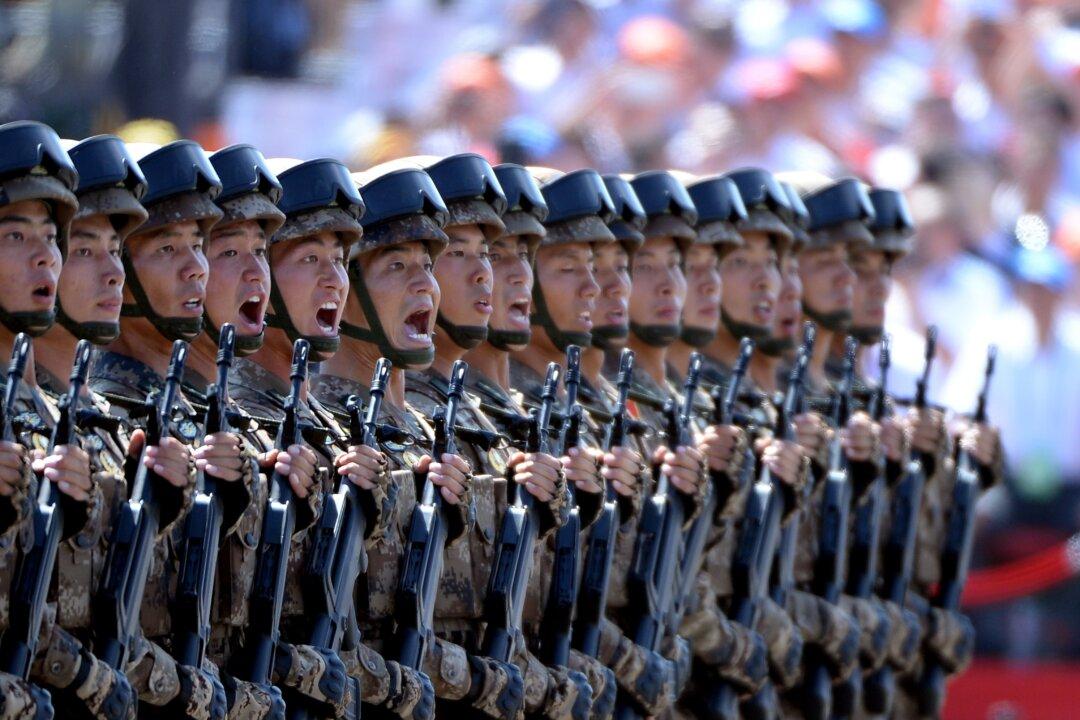Although Chinese Communist Party leader Xi Jinping claimed that his plan to cut 300,000 troops was a gesture of peace, regime representatives immediately suggested the real agenda involved increased effectiveness. According to Chinese political analysts, Xi also had an eye on the dynamics of power within the regime in making the cuts.
Xi announced the cuts on Sept. 3 during a massive parade held to commemorate the end of World War II. Immediately after the parade, a representative with China’s Defense Ministry said Xi was aiming for the People’s Liberation Army (PLA) to be “slimmer but more capable,” according to state news agency Xinhua.
Unofficial details of the troop cuts that were carried by Hong Kong newspapers and state media on the mainland over the following days confirmed the thrust for a more advanced and effective military.




